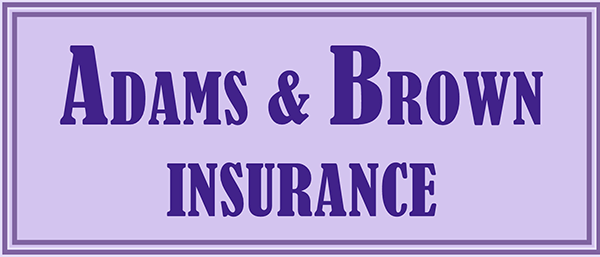Few things are more frustrating than getting stuck in a massive traffic jam. Whether it’s caused by a crash on the road, construction, or general rush hour backup, driving in traffic is less than ideal and can also be dangerous. Here are 10 tips for dealing with heavy traffic.
Slow Down
When there are more cars than usual on the road, it will naturally slow you down. While you might be tempted to try to drive faster to avoid delays, that can cause a crash. Always remember to proceed with caution – obstacles can come out of nowhere. Keeping your eyes peeled at all times will keep you safe.
Don’t Weave
Don’t weave in and out of other cars; rapidly switching lanes to try to get ahead of the traffic is very dangerous. Other drivers can’t predict what you’re going to do, so they may change lanes as you’re approaching. Likewise, you don’t know what other cars are doing, so the safest move is to stay in one lane unless it’s necessary to move.
Use Indicators
At times it seems like many drivers don’t use signals on the roads. When there are lots of other drivers around, it’s important you let them know what you’re doing. While you shouldn’t be weaving in and out of lanes, sometimes you do have to get over. Letting people know what you’re doing is not only safe, but will also make it easier for you when a driver lets you in front of them.
If you are changing lanes or turning, remember that almost all states have a 100-foot (typically 5 second) limit for turning on your blinker.
Plan Ahead
Proper planning can keep you from having to deal with heavy traffic all together. A few variables to keep in mind include:
Weather – inclement weather (snow, rain, fog) can all lead to backups.
Road Construction – It seems like there are two seasons when it comes to driving – winter and construction season. Know the areas with road construction so you can avoid them and keep your trip shorter and more enjoyable.
Events – Festivals, game days, holiday parades, etc. can cause heavier than normal traffic.
Time of day – Simply planning around rush hour (AM & PM) will lead to a much more enjoyable commute.
Even if you do plan for all of these, you can still run into traffic. That’s why it’s best to always have an alternate route to your destination. Ideally, knowing a highway & side-street route so if one fails you, the other can step up.
Remove Distractions
It seems obvious, but it still needs to be stated – no one should ever text and drive. Stay focused on the road at all times. This is even more important when driving in heavy traffic. Just because you’re moving slower doesn’t make driving less dangerous. A large change occurs when moving from a slower speed to a dead halt.
The average text message takes your eyes off the road for five seconds. With a lot of other cars on the road, this small amount of time is enough to cause a major crash. Avoid sending texts, checking emails and even changing radio stations when in traffic. If you do have to send a text or make a call, get off the road first.
Know Appropriate Distances
It’s recommended to keep 3 seconds between you and the driver in front of you. A good way to measure this is with steady objects. Begin counting when the car in front of you passes a light pole, and if you get to three before you pass the same light pole, you’re in the safe zone.
Keep your eyes open for brake lights as well. If the driver in front of you starts to slow down, the same distance should be kept.
Drive Proactively
Always expect the unexpected. Just because you’re practicing safe driving doesn’t mean that everyone around you is. Sometimes it’s malicious, sometimes it’s just a mistake. Either way, being ready to avoid others is crucial in heavy traffic situations.
Stay Cool
The worst thing you can do while driving in traffic is lose your patience and get angry. Getting angry on the road can lead to aggressive and irresponsible driving, putting everyone on the road in danger.
Some tips for keeping yourself calm could include:
Listen to music you like
Have an audiobook playing
Listen to a podcast that calms you down
Take 3 deep breaths
Realizing the road is a public good – it was made for everyone – can also help you stay a little more calm.
Don’t Stare/Gawk
It’s commonplace for heavy traffic situations to be coupled with a crash or emergency. If this is the case, don’t let that change your focus. Keep your eyes on the drivers around you and road in front of you. Don’t turn your head to stare at a crash that isn’t involving you
Take a Break if Necessary
If you feel yourself getting anxious, angry, or impatient, take a break. Pull off at an exit and stretch your legs and take a few deep breaths. The extra minute or two you take will make a world of a difference.
Hopefully armed with these tips, you can conquer the next heavy traffic scenario you’re faced with. Remember, getting to your destination safe is the number one priority for all drivers on the road.
Posted in Uncategorized
